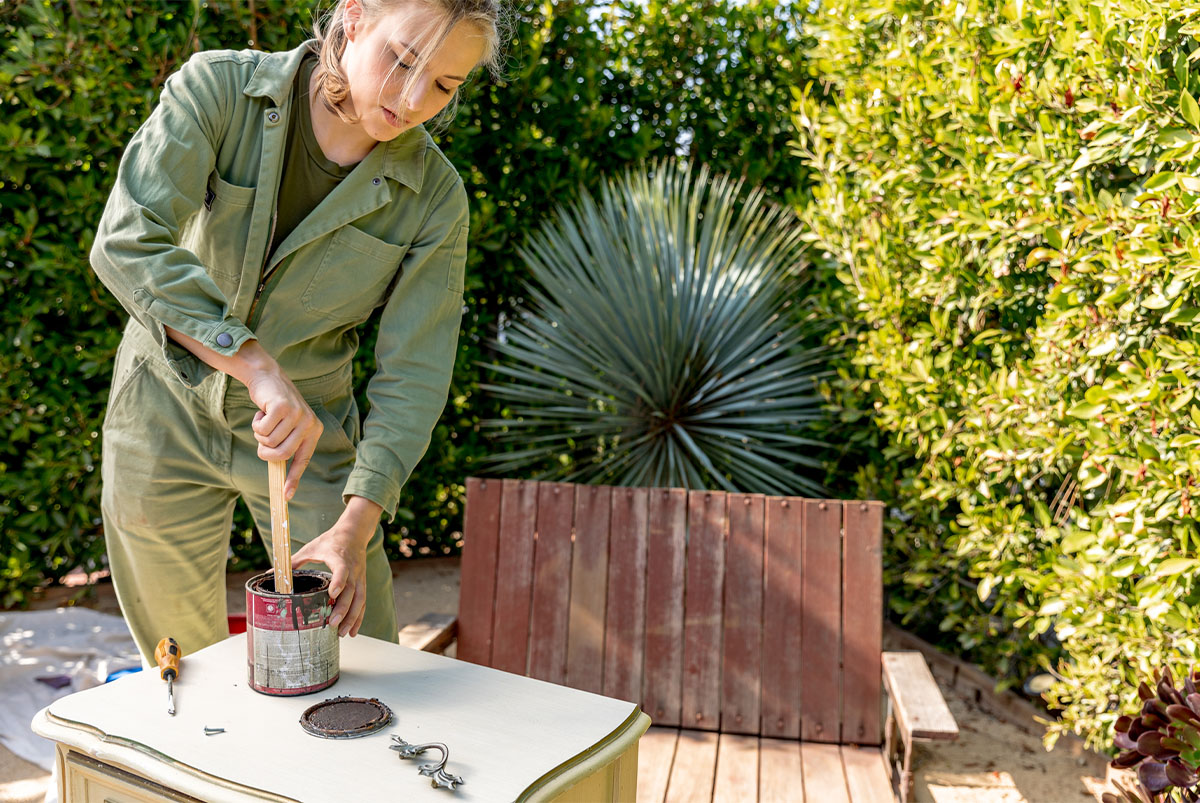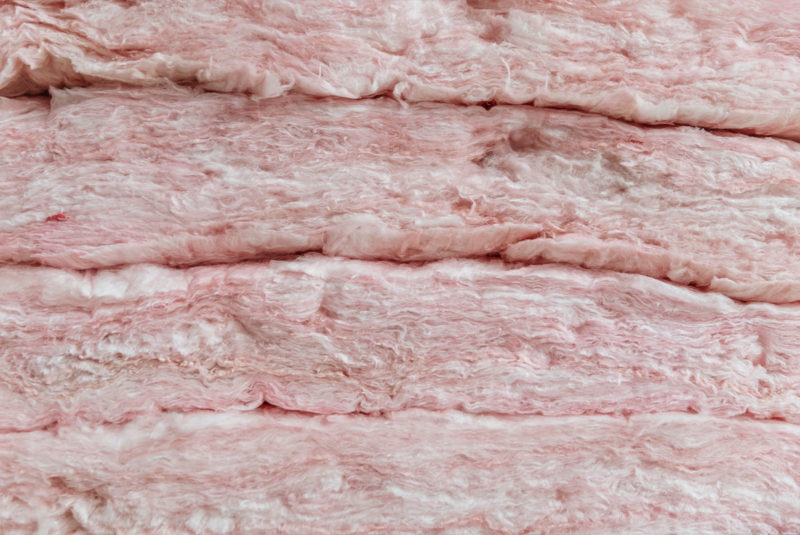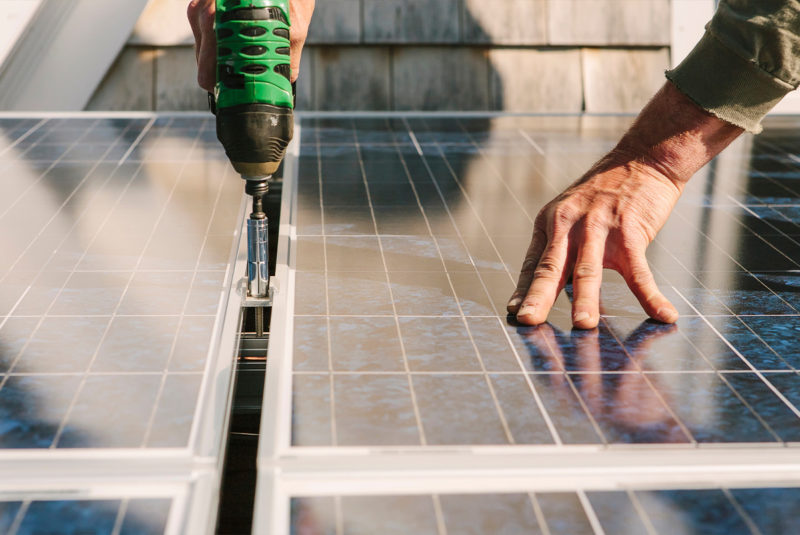Ready To Buy a Home?
Get Approved to Buy a Home
Rocket Mortgage® lets you get to house hunting sooner.
The term sweat equity is used to describe non-monetary contributions to a business or project resulting in increased equity in an asset. It’s a general and subjective measure of a person’s time, energy, and labor toward a particular effort. This term is frequently used when referring to entrepreneurs and startups since long and unpaid hours are common when companies are founded.
Despite often being used to characterize efforts made by entrepreneurs in startup businesses, sweat equity can also apply to real estate and your own home – we’ll discuss the details below!
What Is Sweat Equity in a Home?
Every homeowner and prospective buyer should understand that sweat equity applies to your property in good old-fashioned hard work! If there’s any way you can make improvements to your house by doing the work yourself, it counts as sweat equity.
From installing artificial grass to refinishing the kitchen cabinets, you’re making an investment in exchange for some type of return. Whether that return is a greater home value, a more enjoyable living environment, or monthly savings, the payoff can be well worth it.
When talking about real estate, equity is the value of financial interest in a property. It can be measured by calculating the difference between what you owe on the home and its market value. As the home appreciates in value, your equity builds.
Sweat equity refers to equity built into an asset through time and physical labor rather than monetary contributions.
Example of sweat equity
There are various ways you can earn sweat equity in a home. Here are a few examples:
- Upgrading plumbing fixtures
- Renovating the kitchen
- Painting the home’s interior and exterior
- Installing a luxury walk-in shower
All of these improvements add value to your home, especially if you can do the work yourself (as long as you have the know-how).
What Are the Benefits and Drawbacks of Sweat Equity?
There are numerous advantages to putting sweat equity into your home. These benefits include keeping money in your pocket, avoiding the hassle of finding a professional, adding value to your home, and upgrading your property.
There are also some drawbacks to handling DIY projects. The investment of long hours and stress associated with do-it-yourself home improvements can be overwhelming. Projects can go on for months if a homeowner is short on time.
Any home improvements dealing with plumbing, electrical, HVAC and roofing should probably be handled by a licensed professional if you don’t have the expertise to tackle it yourself. Even a tiny mistake can be costly or pose a safety hazard.
The best thing to do is evaluate your skill set, time availability, motivation, and budget. Ask yourself if it’s worth the hours it’ll take to get the job done or if your time and money are better spent hiring a professional.
Whether you choose the DIY route or hire an expert, a home improvement loan is worth exploring. There are many available resources for discovering what type of loan is best for home improvements.
How to Calculate Sweat Equity in Real Estate?
Factors used to calculate the value of sweat equity include:
- Your home’s market value
- The cost to do the work yourself
- The price of raw materials
- Appreciation of the property (after the work is done)
Let’s say you want to install hardwood flooring to update your house and get a hypothetical quote for $40,000 from a flooring contractor. After materials, you may be able to save $30,000 by performing the work instead of hiring someone. The new flooring adds an estimated $50,000 value to your home.
In this scenario, you only paid $10,000 and added $50,000 in value – totaling $40,000 in sweat equity. See why putting in your time and labor can be so attractive?
What Does Sweat Equity Mean for Real Estate Professionals?
For real estate professionals, sweat equity can be a critical aspect of profitability. There are various projects in which do-it-yourself can be leveraged to maximize profits and reduce upfront costs. There are several types of investments in real estate, including wholesale properties, fix-and-flips and rentals. No matter what property a real estate investor chooses, putting in sweat equity can be a strategic way to increase returns faster.
When real estate businesses are just starting, co-founders may put in their expertise and work (without pay) in exchange for a stake in the company. Once deals start to close and revenue comes in, the sweat equity starts to pay off. Sacrificing a salary upfront for a percentage of later profits is something entrepreneurs in all industries often do in exchange for future success.
Sweat equity for real estate investors
Because potential buyers tend to avoid homes that need significant renovations, investors can often snatch these houses up for a great price, making them excellent investments. Real estate investors can build equity into the home by doing most of the work themselves rather than hiring expensive contractors.
If you’ve ever wanted to dabble in real estate investing but don’t have the cash to buy a home immediately, you can offer your DIY skills – like plumbing, remodeling or construction – in exchange for equity in the property. The advantage of this strategy is that you don’t have to put up any money, but your time investment can really pay off!
Take some time to brainstorm ways to leverage your expertise and hands-on skills in a partnership with an investor. If you’re wondering where to connect with potential real estate investment partners, explore your personal and professional networks, LinkedIn, local business networking groups, or real estate investment clubs.
If you want to explore even more ways to maximize income on an investment property, read more on how to refinance an investment property.
Do-It-Yourself Pays in Big Ways
When it comes to real estate, you don’t have to be a full-fledged entrepreneur to leverage sweat equity. Whether you harness your DIY skills to increase the value of your home or partner with a professional on an investment property, you can utilize sweat equity to get into a better financial position.
Strapped for cash?
Your home’s equity is your money. So whether it’s for a new kitchen or consolidating debt, a cash-out refinance can help get you there.
The Short Version
- Sweat equity refers to equity built into an asset through time and physical effort rather than monetary contributions
- Avoid attempting major DIY projects if you don’t have adequate expertise or experience. It can be costly or unsafe if the work is done incorrectly
- Factors used to calculate the value of sweat equity include your home’s market value, the cost to do the work yourself, the price of raw materials, and appreciation of your property (after the work is done)




